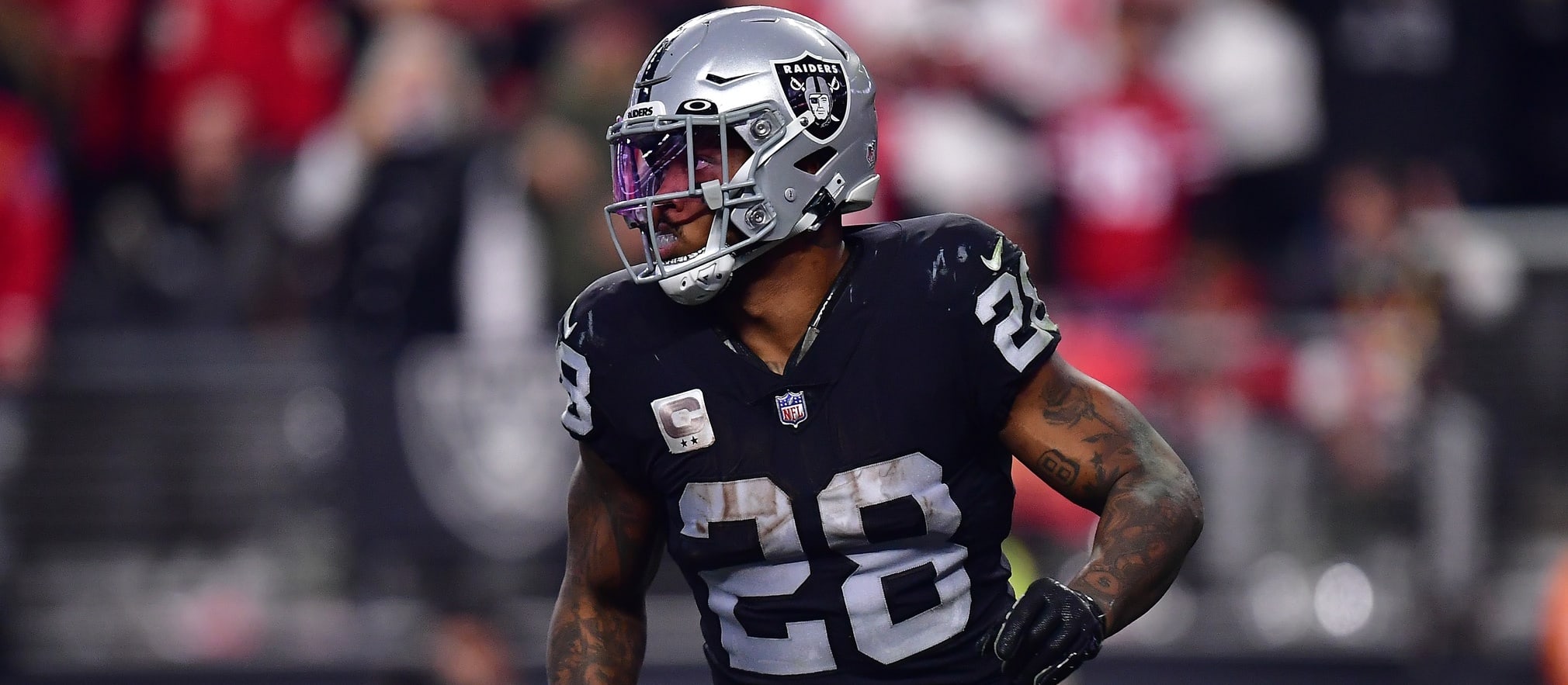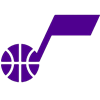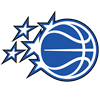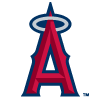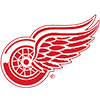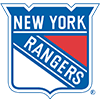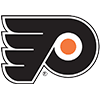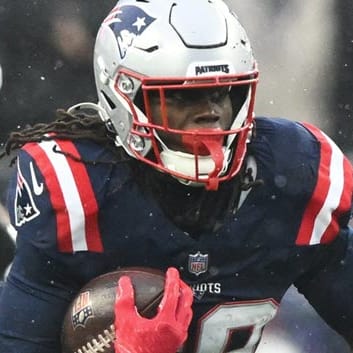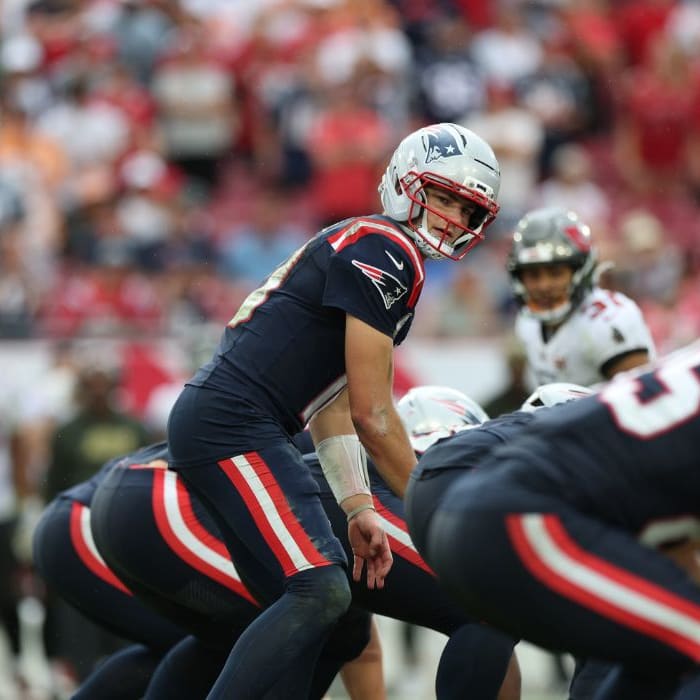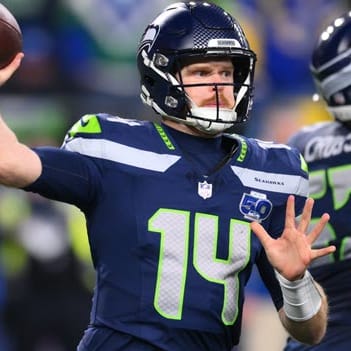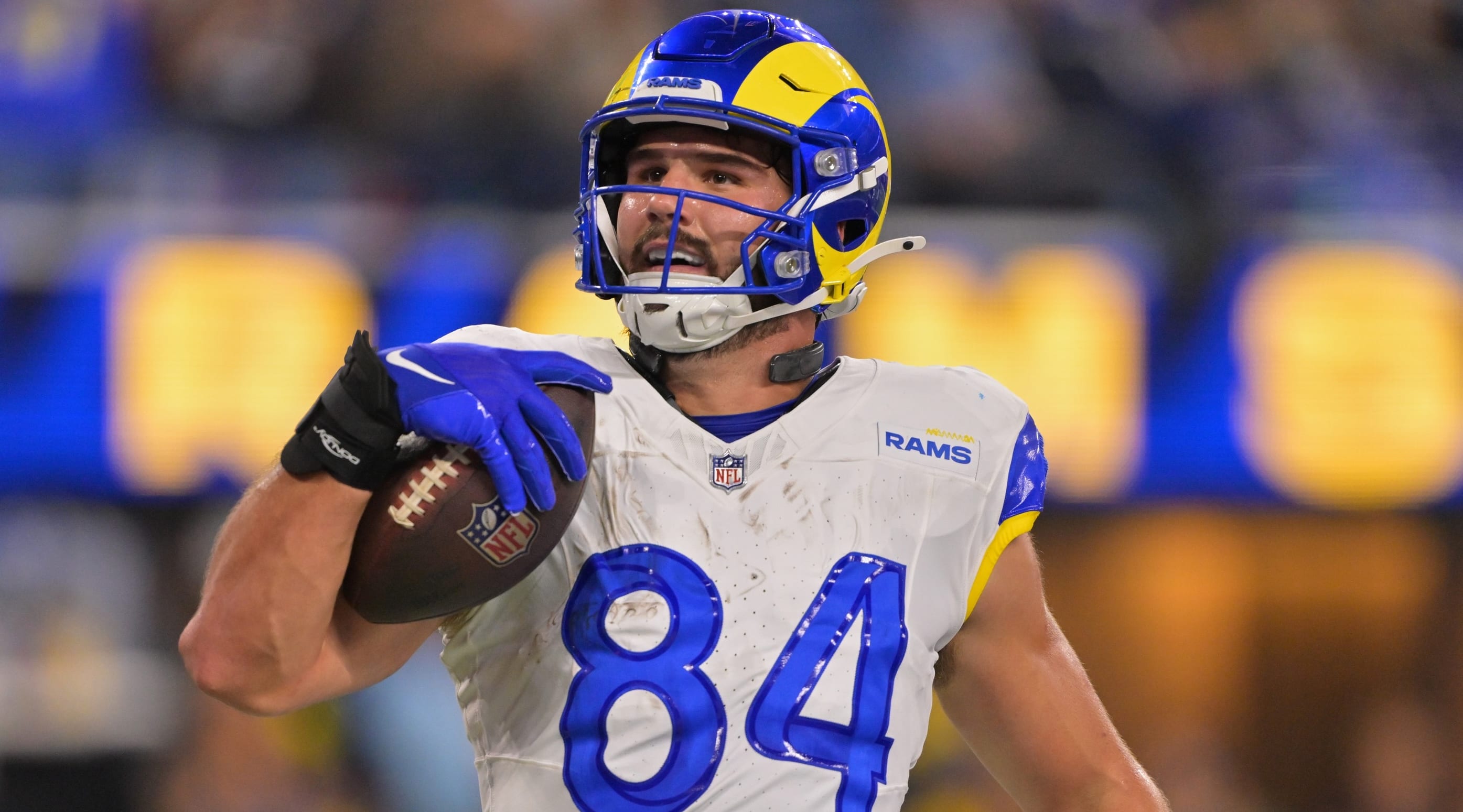Contract drama involving running backs has been a recurring theme of the 2023 offseason, starting in early March when Saquon Barkley, Tony Pollard and Josh Jacobs got franchise tags. Shortly thereafter, Austin Ekeler received permission from the Chargers to seek a trade and Ezekiel Elliott received notice of his release from the Cowboys.
With training camp now underway in late July, the discussion about RB contracts seems to be reaching a fever pitch even after Ekeler and Barkley reached agreements to stay with their current teams for 2023. Pollard is also set to play, having signed his franchise tag long ago, but Jacobs is absent from the start of training camp and reportedly not expected to report anytime soon.
In addition to Jacobs, there's been discussion that J.K. Dobbins' absence from practice is related to frustration with extension negotiations, though the Ravens placing him on the PUP list this week suggests there's at least a minor injury at play. Dobbins, unlike Jacobs, is technically under contract and therefore can't skip training camp without being fined.
Asked about Dobbins status, Harbaugh said "that's a J.K. Question." Harbaugh said the situation is complicated and team is working through it.
— Jeff Zrebiec (@jeffzrebiec) July 26, 2023
There's also some question about Jonathan Taylor, who joins Dobbins in starting training camp on the PUP list for the final year of his rookie contract. Taylor had offseason ankle surgery and hasn't commented on his contract situation, but you can understand why he might be hesitant to practice or play without a new deal.
Jonathan Taylor watched practice today with a stoic face nearly the entire time. The #Colts RB remains on PUP with no timeline on his return.
HC Shane Steichen: "He's here. Like I said, I've had private conversations. I'll keep those private, but he's here every single day." pic.twitter.com/TATfKPrK32
— James Boyd (@RomeovilleKid) July 28, 2023
NEW: Colts owner Jim Irsay clarified his comments about running backs from yesterday. But he also made a surprising revelation in my conversation w him: The Colts have not presented a contract offer to Jonathan Taylor. At all. https://t.co/tvqxozZM2D
— Stephen Holder (@HolderStephen) July 28, 2023
Now, let's take a look at two things. First, the history of RBs getting franchise tags, and then the track record for running backs that have skipped most or all of training camp and the preseason.
History of RB Franchise Tags
Created in 1993, the franchise tag was used on RBs only 10 times in three decades prior to this offseason. It happened just once in the first 12 years (Dorsey Levens in 1998) and 2023 marks the first time three RBs have been tagged in the same offseason. Here's a list of the previous recipients and a reminder of what happened contractually:
Dorsey Levens - 1998 - signed extension (in August, different rules back then)
Shaun Alexander - 2005 - signed one-year deal before July deadline
Edgerrin James - 2005 - played on tag (signed in offseason)
Brandon Jacobs - 2009 - signed extension before July deadline
Darren Sproles - 2009 - played on tag (signed in offseason)
Matt Forte - 2012 - signed extension before July deadline
Ray Rice - 2012 - signed extension before July deadline
Le'Veon Bell - 2017 - played on tag (signed shortly before Week 1)
Le'Veon Bell - 2018 - skipped season
Derrick Henry - 2020 - signed extension before July deadline
Bell stands out on the list for a number of reasons. In 2017, he became the first tagged RB to skip training camp, waiting until shortly before Week 1 to sign his franchise tender. In 2018, he became the first RB tagged multiple times, and later was the first to leave it unsigned into the regular season (ultimately missing the whole year).
Bell's lack of production from 2018 onward might still be the first thing that comes to mind when fans think of RBs and the franchise tag, but most of the guys on this list (including Bell in 2017) actually had huge years.
In 2005, Alexander and James combined for about 3,400 rushing yards and 42 TDs. In 2009, Sproles set new personal bests for scrimmage yards and TDs. In 2012, Rice and Forte both averaged 4.4 YPC while topping 1,400 scrimmage yards. In 2020, Henry ran for 2,000 yards and was named OPOY.
Of the 10 examples above, only Levens (nine missed games, 3.7 YPC) and Jacobs (six TDs, 3.7 YPC) had poor seasons in the year they were tagged. A bunch of the guys, namely Alexander and Rice, didn't do much more in the years that followed, but in seven of 10 cases the stats from the tag year were similar or superior to the player's established standard.
The catch, of course, is that all of those guys besides 2018 Bell reported to training camp. That bodes well for Barkley and Pollard, but it's perhaps less relevant to Jacobs, who now joins Bell as the only tagged RBs to ever remain unsigned into camp.
Fortunately, there are a few non-tag examples we can look at to see how running backs have performed after missing summer practices for contract reasons...
History of RBs Missing Training Camp
Bell and Jacobs are the only franchise-tagged RBs to take this step, but we've seen other guys miss training camp (and preseason games) in the midst of extension negotiations, typically in the final year of a rookie contract (a la Taylor and Dobbins). I found 11 cases of an RB sitting out most of the summer for contract reasons, with the most recent case being the only one whose holdout extended into the regular season...
Emmitt Smith - 1993 - missed two games (returned September)
Jamaal Anderson - 1999 - signed extension (Aug. 11)
Marshall Faulk - 1999 - signed extension (Aug. 5)
Corey Dillon - 2000 - signed 1-year deal (Aug. 11)
Larry Johnson - 2007 - signed extension (Aug. 21)
Steven Jackson - 2008 - signed extension (Aug. 21)
Chris Johnson - 2011 - signed extension (early Sept.)
Maurice Jones-Drew - 2012 - ended holdout (early Sept.)
Le'Veon Bell - 2017 - signed tag (early Sept.)
Melvin Gordon - 2019 - missed four games (returned October)
Ezekiel Elliott - 2019 - signed extension (early September)
The outcomes here are somewhat more diverse than those for franchise-tagged players. Most of the guys signed extensions before Week 1, but two actually missed games (Smith, Gordon) and three ended up returning without getting the multi-year deals they wanted (Dillon, Jones-Drew, Gordon). In terms of how their seasons went, let's sort it into a few categories....
Accustomed Production
- Elliott (2019)
- Bell (2017)
- Jackson (2008)
- Dillon (2000)
- Faulk (1999)
- Smith (1993)
Jackson missed four games in the middle of the season after suffering a quad strain in a 160-yard, three-TD effort, but I'm still putting him here given that he averaged 118.4 total yards in the 12 contests he played and scored eight times, remaining an RB1 for fantasy while playing for one of the more disgraceful teams in recent-ish memory (the 2008 Rams allowed twice as many points as they scored).
Otherwise, none of these are really debatable. Elliott had 1,777 total yards and 14 TDs while averaging 4.5 YPC. Bell dropped to 4.0 YPC, but on a league-high 321 carries and with a career-high 85 catches. Dillon ran for 1,400 yards at a clip of 4.6 YPC on a 2000 Bengals team that came darn close to allowing twice as many points as they scored. Faulk doesn't really count because he's more God than human, but in case you're wondering, he had a 1,000/1,000 season while leading the league in YPC and winning a Super Bowl. Smith had a similarly massive year post-holdout, leading the league in rushing, total yards and YPC en route to a Super Bowl even after missing two games.
Decent Year, Below Standards
- CJ2K (2011)
Johnson played all 16 games in his fourth NFL season, but many of his stats were his worst through his first five years in the NFL, including rushing yards (1,047), rushing TDs (four) and YPC (4.0). He did catch a career-high 57 passes and at least remained functional as a strong RB2 in fantasy (not what he was drafted to do, but not totally useless).
Poor Year But Not a Total Wipeout
- Gordon (2019)
Gordon played all 12 games and scored nine touchdowns after dropping his holdout and rejoining the Chargers. However, he averaged only 3.8 YPC and 75.7 total yards per game, down from 5.1 YPC and 114.6 yards the year before. Austin Ekeler, meanwhile, enjoyed a breakout year on the strength of a 92-993-8 receiving line. Gordon did rebound with a couple decent seasons in Denver thereafter, and I think it's worth mentioning that he was probably overrated in the first place and was never likely to repeat/approach the 5.1 YPC mark from the year before his holdout.
Undone by Injuries
- Jones-Drew (2012)
- LJ (2007)
- Anderson (1999)
These guys all missed at least half the season, and none of them had another big fantasy year throughout the rest of their careers. Anderson was never the same after tearing his ACL in Week 2. MJD was already on a second contract and arguably in decline before his unsuccessful holdout; he missed 10 games in 2012, then averaged 3.2 YPC over his final two seasons in 2013-14. Johnson averaged 3.5 YPC in eight games in 2007, and while he rebounded to 4.5 over 12 games in 2008, he never had another 1,000-yard season and his receiving stats completely disappeared.
Note: There were also a few holdouts before the past 30 years, notably including a rookie Bo Jackson, Eric Dickerson twice (both times he continued raking once he returned), a 31-year-old John Riggins (who skipped a whole season)
Conclusion (or Lack Thereof)
If you're looking for a tidy, simple conclusion... you must not know me. I'm not a fan of such things even when there's an argument for it, and in this case we're talking about small samples with varied results.
For the most part, the guys who held out and/or were tagged ended up having big years, which really shouldn't be a surprise given that they're mostly awesome players.
Relative to the media/fan negativity that often surrounds holdouts, I think the results for our RBs above are pretty good. Six of the 11 produced as high-end RB1s, per usual, and two others at least did enough to remain fantasy starters. The other three, however, had wipeout seasons, and in each case reporters were quick to blame it on the holdout (even though MJD was the only one of the three whose holdout didn't end at least three weeks before the regular season).
How one views these results probably depends on the bias or outlook coming in. Running backs generally make for riskier early fantasy picks because of the high injury rate and short career length, but that doesn't mean Jacobs (or Taylor/Dobbins if they holdout) is destined to fail or get injured by any stretch of the imagination.


